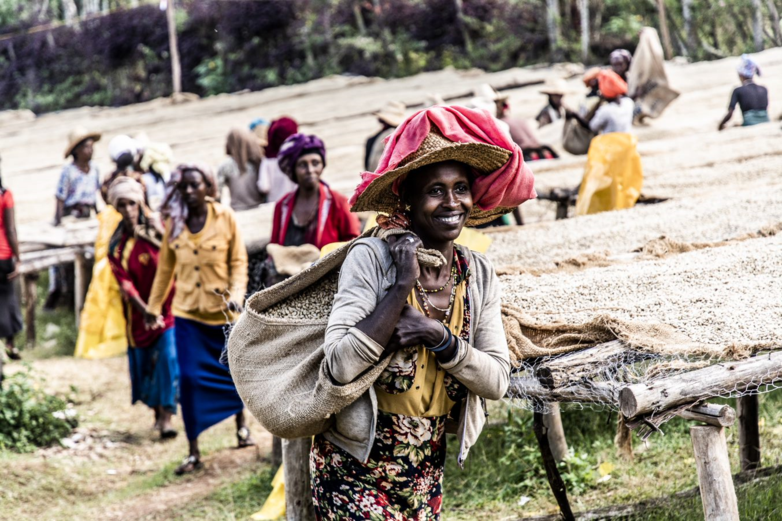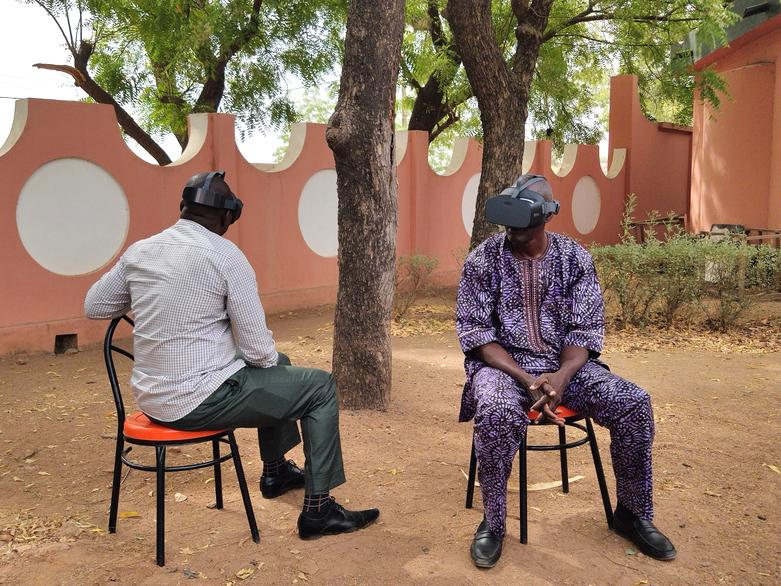Context
Raw materials such as cotton, coffee, cocoa and palm oil are grown by millions of people in smallholder farms around the world. They mainly sell their raw materials unprocessed. Added value is primarily created in the downstream production process. Coffee roasting in Germany is an example. Only a minor part of the further processing takes place on site.
The resulting low incomes are not enough for farmers to secure their livelihoods and provide adequately for their families. At the same time, conventional cultivation leads to various problems that harm people and the environment. Global price fluctuations, crises and the effects of climate change also impact producers.
Objective
Selected agricultural supply chains are more sustainable.


